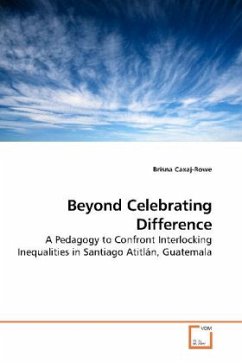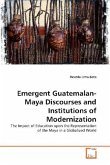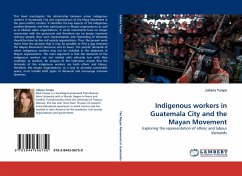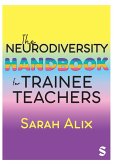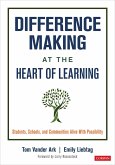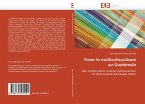Although 1994 to 2004 was declared the International Decade of Indigenous People, and profound inequalities in Guatemala between indigenous and Ladinos (mixture of Mayan and Spaniards) got national and international attention, their situation did not improve. Social inequalities in Guatemala are based not only on ethnicity, but also gender, social class and geographic location. In spite of this, the Guatemalan government has responded only by permitting multicultural education in a few schools. This study provides evidence, firstly, that there are indeed multiple oppressions interlocking in Santiago Atitlán. Secondly, because these oppressions intersect in both society and the individual, a multicultural approach calling for more tolerance to diversity is insufficient to address these complexities. This study concludes that any meaningful pedagogy has to consider the historic roots of inequality, the multiple oppressions interlocking in society and the individual, and the positionality of subjects. It must encourage critical self-reflection so as to prepare teachers to work with students and members of the community if the goal is, in fact, to eradicate all types of discrimination.
Bitte wählen Sie Ihr Anliegen aus.
Rechnungen
Retourenschein anfordern
Bestellstatus
Storno

